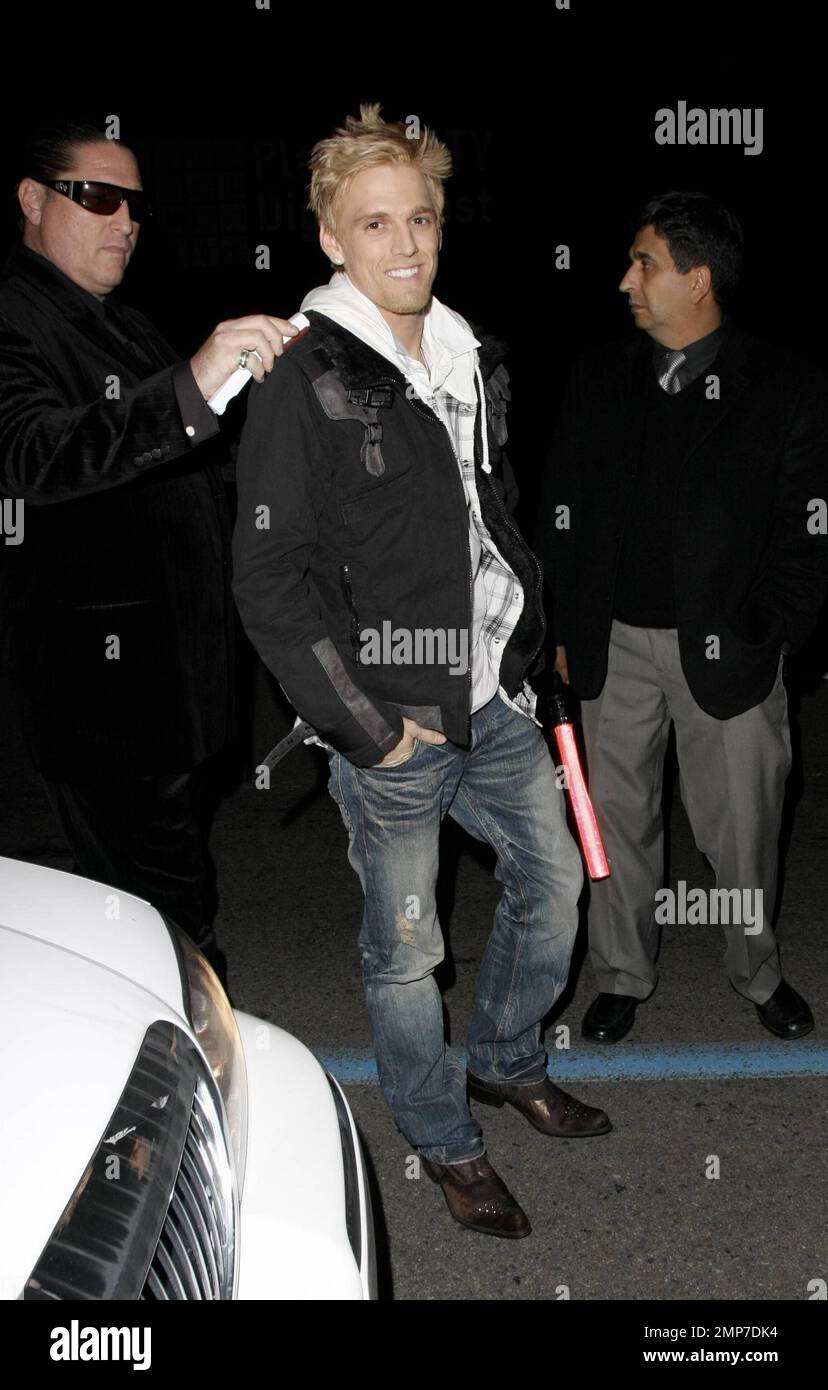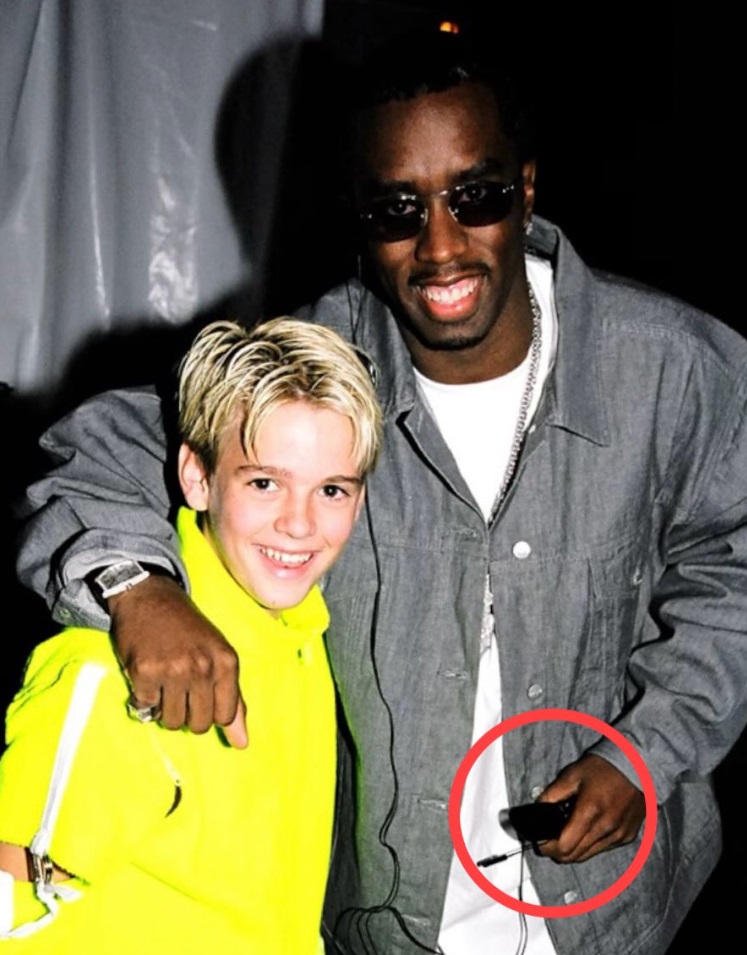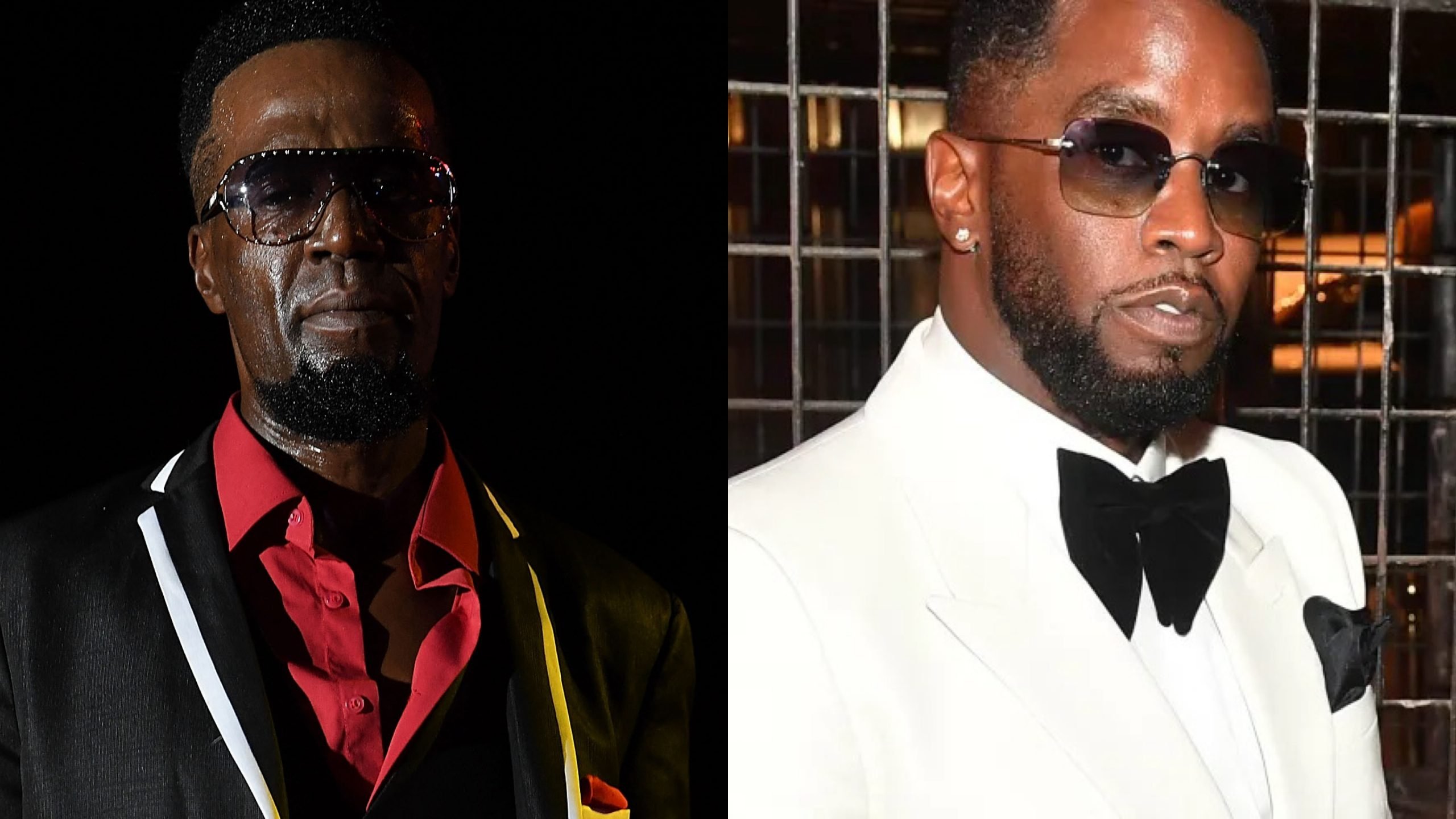Diddy & Aaron Carter: New Allegations & Explosive Revelations
Is the shadow of scandal forever closing in on Sean "Diddy" Combs? The latest whispers linking him to the death of Aaron Carter, coupled with mounting accusations and legal battles, paint a grim picture of a career and perhaps something far more sinister spiraling out of control.
The internet, that tireless engine of speculation and revelation, is currently ablaze with renewed scrutiny of Sean "Diddy" Combs. The catalyst? A tragic echo of the past: the sudden death of singer Aaron Carter. While the official cause of Carter's death, as ruled by the County Medical Examiner, was accidental drowning and drug use, the timing of recent events has ignited a firestorm of conjecture. Rumors, once whispers, are now amplified through social media's relentless echo chamber, linking Combs to Carters untimely demise. This isnt just idle gossip; it's a symptom of a larger problem, one that highlights the potential for exploitation and abuse within the entertainment industry.
The threads of this narrative are complex, interwoven with the undeniable fact that Aaron Carter, a pop star who rose to fame as a teenager, battled personal demons throughout his life. But the narrative, the current discussion, extends beyond the individual tragedies. The focus is on the connections, the power dynamics, and the potential for manipulation within the industry, especially concerning young and vulnerable artists.
| Category | Details |
|---|---|
| Full Name | Aaron Charles Carter |
| Date of Birth | December 7, 1987 |
| Place of Birth | Tampa, Florida, USA |
| Date of Death | November 5, 2022 |
| Cause of Death | Accidental Drowning, Drug Use |
| Occupation | Singer, Rapper, Actor |
| Years Active | 1990s 2022 |
| Notable Albums |
|
| Key Songs |
|
| Related Individuals | Nick Carter (Brother), Sean "Diddy" Combs (Mentioned in Allegations) |
| Reference Website | IMDB |
The accusations and controversies surrounding Diddy have reached a boiling point. The arrest is a key part of the story. While the specifics of the case are still unfolding, the fact of the arrest itself has fueled intense public interest and speculation. The legal proceedings, the evidence, the testimonies each element is a piece of a larger puzzle, and a very dark one.
Adding to the already turbulent waters, reports have emerged that Combs, even while in custody, has been allegedly attempting to influence the narrative. Prosecutors claim that he has reached out to potential witnesses and sought to shape public perception, actions that could be interpreted as efforts to affect the outcome of any potential legal proceedings. This behavior has further fueled the fire of suspicion, raising questions about the extent of his influence and his willingness to utilize it.
The narrative, however, doesn't start or end with the current legal situation. It's a story with numerous chapters, and some of them are particularly unsettling. The whispers of past associations, of relationships with other young stars like Justin Bieber, are resurfacing and prompting uncomfortable comparisons. If the allegations are true, or even if a portion of them hold up, it suggests a pattern of behavior. The potential for exploitation, of a predatory nature, becomes the central, grim implication.
The music industry is a notoriously harsh environment, where power dynamics can be skewed and where those in positions of influence can exploit young artists, particularly those who are ill-equipped to navigate the treacherous waters of fame and fortune. The exploitation, the control, the manipulation these are not new concepts in this environment, but the context has evolved.
The emergence of leaked tapes, purportedly featuring Aaron Carter, adds a layer of complexity to the already fraught narrative. These tapes are alleged to contain Carter's concerns about Diddy and other prominent figures within the industry. Whether these tapes are authentic and accurately reflect his thoughts remains to be seen, but their very existence contributes to the overall feeling of unease and suspicion. They point towards an environment of fear and the potential for secrets.
The abrupt departure of Diddys attorney from court has further intensified the speculation and fueled widespread criticism. This exit, shrouded in mystery, suggests that the legal situation may be far more complex and precarious than initially conveyed. It signals a potential crisis, perhaps even a strategic retreat, in response to unfolding circumstances.
The most sensational claims, like the viral post claiming that Diddy killed Aaron Carter to silence him, have spread rapidly on social media platforms. While these claims, originating on X (formerly known as Twitter), lack any verifiable evidence and directly contradict the official cause of death, they reflect the pervasive distrust and suspicion that have gripped the public.
The circumstances of Aaron Carters death, as revealed by the County Medical Examiner's report, paint a picture of a troubled individual. The findings indicated drowning, but also the presence of the sedative alprazolam (Xanax) and the inhalation of compressed air. These details underscore the vulnerability of the late singer, and they raise questions about the factors that led to his death. Gary Madatyan, a friend of Carter, shared a glimpse into the singer's last days. His words highlight the human cost behind the headlines and the pain of those left behind.
While the official cause of death has been declared as accidental, the shadows of suspicion refuse to dissipate. The convergence of allegations against Diddy, the history of the music industry, and the documented struggles of Aaron Carter create a potent mixture of concern and unease. The case serves as a cautionary tale, a reminder of the potential for exploitation, and the lasting scars that can result from unchecked power.
The parallels drawn between the allegations surrounding Diddy and the tragic life of Michael Jackson are difficult to ignore. Both figures were incredibly influential within the entertainment industry. Both have faced accusations of exploiting young, vulnerable individuals. The parallels are an unnerving reminder of the potential for abuse within a system that often prioritizes profit over people.
Aaron Carter's financial struggles, as he voiced, add another layer to the challenges faced by young artists in an industry that often profits handsomely from their talent. His concerns over dealings with Sony Records are emblematic of the larger, systemic issues. When these young artists become successful, they can find themselves trapped in complex contracts, or facing financial mismanagement. For some, its an unending spiral of loss.


